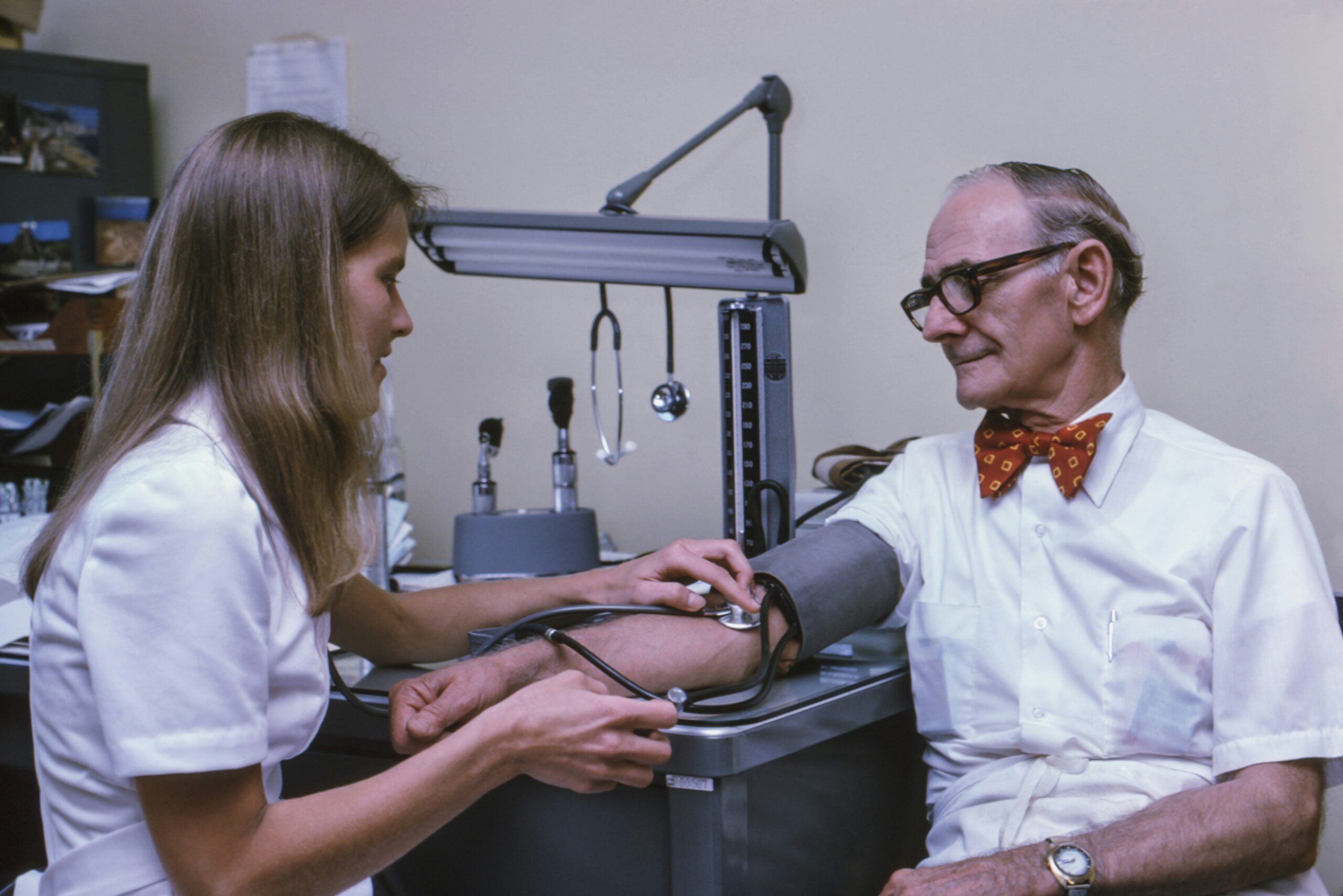Philanthropy in Modern Medicine: Expanding Access and Driving Breakthroughs

Philanthropy in modern medicine plays a vital role in shaping healthcare today. It is not just about financial donations; it is about fueling change, driving innovation, and ensuring healthcare remains accessible to everyone. In a world where medical costs are rising, philanthropy bridges the gap between patient needs and healthcare realities. It empowers researchers, supports education, improves patient care, and enhances community health initiatives. Without philanthropy, many of the breakthroughs we see today would not exist, and millions of patients would be left behind.
Powering Medical Research and Innovation
Medical research demands time, resources, and dedication. Traditional funding sources, like government grants or private investment, often come with limitations. These constraints slow down progress, especially for bold projects that require risk-taking. Philanthropy makes a difference by fueling research that would otherwise be impossible.
Donations from individuals, foundations, and organizations allow scientists to push boundaries. They test ideas that might not promise immediate financial return but hold immense potential. From cancer immunotherapies to genetic treatments, many breakthroughs started with philanthropic funding. By investing in research, donors not only support science but also improve lives.
Expanding Access to Patient Care
Rising healthcare costs create barriers for many families. Patients often struggle to pay for treatments, especially when faced with serious illnesses—philanthropy steps in to reduce these barriers. Donor-supported hospitals and programs provide subsidized or free care to those in need. This generosity ensures that no patient is denied care due to financial limitations.
In underserved areas, philanthropic support creates mobile clinics, telehealth services, and outreach programs. These services extend the reach of healthcare, especially in rural or low-income communities. Philanthropy ensures healthcare remains a right, not a privilege. It provides hope for patients who otherwise might have gone without treatment.
Strengthening Medical Education
The future of medicine lies in the hands of students and young professionals. However, medical education costs often discourage talented individuals. Philanthropy solves this problem by funding scholarships, residencies, and training opportunities. These initiatives enable aspiring doctors and nurses to focus on learning, rather than debt.
Philanthropy also enhances training facilities. Donations help build simulation labs, update classrooms, and create advanced programs. Students trained with the latest tools and resources are better prepared to meet real-world challenges. By supporting education, philanthropy invests in a stronger healthcare workforce for tomorrow.
Supporting Public Health Programs
Philanthropy extends beyond hospitals and labs. It also strengthens public health programs that protect entire communities. Vaccination drives, nutrition education, and maternal health initiatives often depend on donations. These programs save lives by focusing on prevention, not just treatment.
Global campaigns supported by philanthropy highlight its importance. Initiatives against polio, HIV/AIDS, and malaria have reduced global health risks. By addressing root causes and raising awareness, philanthropy creates healthier societies. Public health philanthropy is not just about responding to crises—it is about building long-term wellness.
Building Resilient Healthcare Systems
The COVID-19 pandemic proved how fragile healthcare systems can be. Hospitals faced shortages, researchers rushed to find solutions, and entire communities struggled. Philanthropy provided immediate relief. Donors funded the purchase of personal protective equipment, ventilators, and vaccine research. Their quick response saved countless lives.
Beyond emergencies, philanthropy builds resilience for the future. Donations support disaster preparedness programs, chronic disease management, and the development of new treatment centers. These contributions ensure healthcare systems remain strong during times of crisis. By planning, philanthropy creates stability in uncertain times.
Enriching Patient Experience
Medicine is about more than treatment—it is about healing the whole person. Philanthropy supports programs that improve the patient journey. Donations fund counseling, housing near hospitals, and wellness services. These programs reduce stress for families and provide emotional support during treatment.
Holistic care often falls outside standard healthcare budgets. Philanthropy fills this gap. Patients benefit from services that address both their physical and mental well-being. This approach highlights the human side of healthcare, making philanthropy not just impactful but essential.
A Collective Vision for the Future
Philanthropy in modern medicine shows us the power of community and compassion. It demonstrates that healthcare is a shared responsibility. Every donation, large or small, shapes the future of medicine. By funding research, supporting education, improving care, and enhancing resilience, philanthropy changes lives every day.
In a world filled with challenges, philanthropy ensures medicine continues to grow and serve all people. It drives breakthroughs that redefine treatment and expand access to care for those most in need. Philanthropy is not just about giving—it is about creating a healthier future for everyone.
Additional Information
- Blogs
- medical costs, medical education, modern medicine
- Dr. Seth Eidemiller